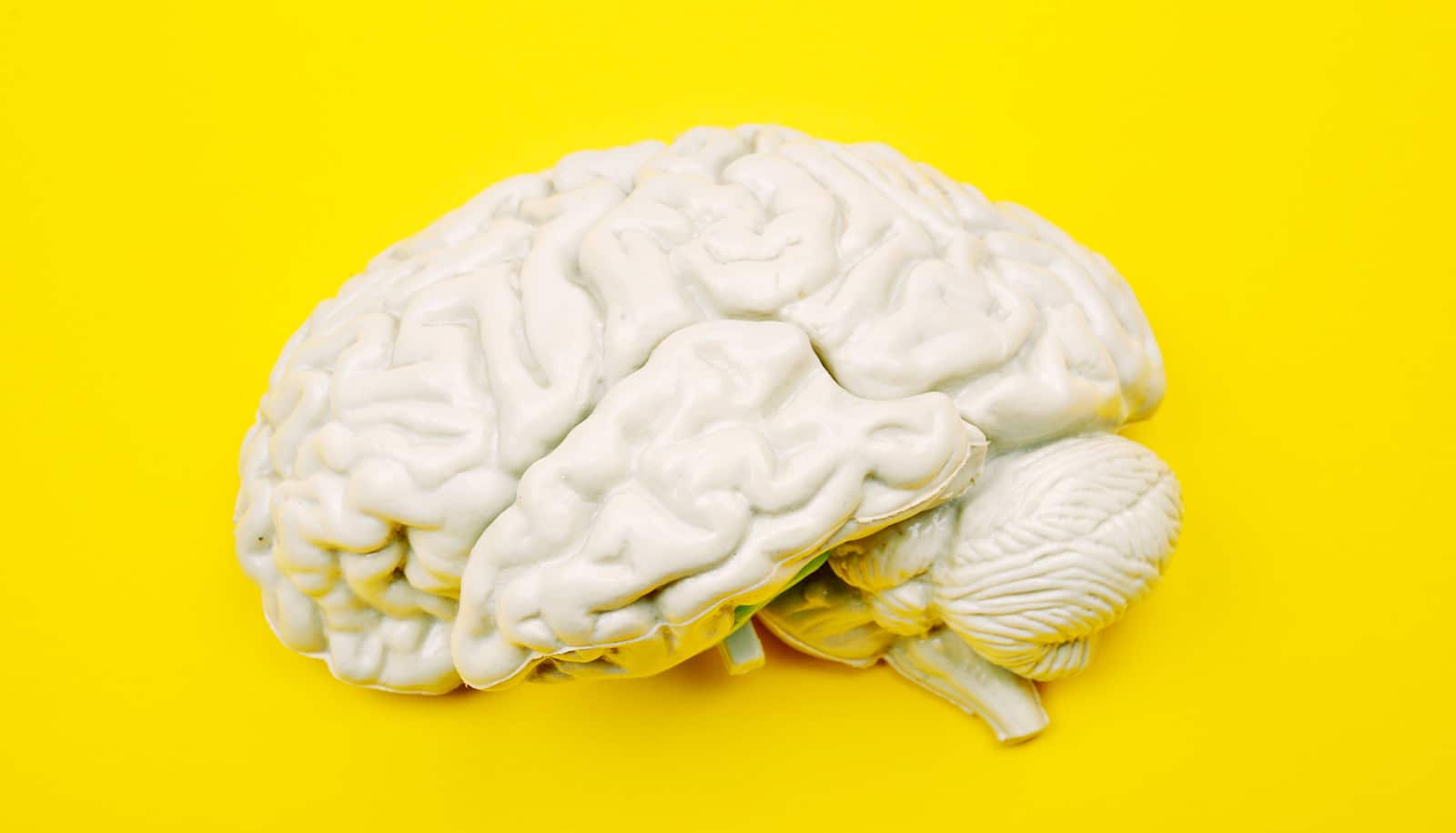Very low doses of a certain formulation of lithium can halt signs of advanced Alzheimer’s disease and recover lost cognitive abilities, a new study with rats suggests.
The lithium in the study was in a formulation that facilitates passage to the brain. The findings appear in the Journal of Alzheimer’s Disease.
The value of lithium therapy for treating Alzheimer’s disease remains controversial in scientific circles, largely because the information available until now has come from many different approaches, conditions, formulations, timing, and dosages of treatment. That makes the results difficult to compare.
In addition, continued treatment with high doses of lithium carries a number of serious adverse effects, which makes that approach impracticable for long-term treatments, especially in the elderly.
How much lithium?
Study leader Claudio Cuello of McGill University and graduate student Edward Wilson first investigated the conventional lithium formulation and initially gave rats a dosage similar to that used in clinical practice for mood disorders. The results of the initial tentative studies with conventional lithium formulations and dosage were disappointing, however, as the rats rapidly displayed a number of adverse effects.
That interrupted that approach, but it began again when an encapsulated formulation of lithium showed some beneficial effects in a different study involving a mouse model of Huntington disease.
The researchers then applied the new lithium formulation to a rat transgenic model expressing human mutated proteins causative of Alzheimer’s, an animal model they had created and characterized. This rat develops features of the human Alzheimer’s disease, including a progressive accumulation of amyloid plaques in the brain and concurrent cognitive deficits.
“Microdoses of lithium at concentrations hundreds of times lower than applied in the clinic for mood disorders were administered at early amyloid pathology stages in the Alzheimer’s-like transgenic rat. These results were remarkably positive and were published in 2017 in Translational Psychiatry and they stimulated us to continue working with this approach on a more advanced pathology,” says Cuello, part of the department of pharmacology and therapeutics.
Small doses, fewer adverse effects
Encouraged by those earlier results, the researchers set out to apply the same lithium formulation at later stages of the disease to their transgenic rat modeling neuropathological aspects of Alzheimer’s disease. This study found that beneficial outcomes in diminishing pathology and improving cognition are achievable at more advanced stages, akin to late preclinical stages of the disease, when amyloid plaques are already present in the brain and when cognition starts to decline.
“From a practical point of view our findings show that microdoses of lithium in formulations such as the one we used, which facilitates passage to the brain through the brain-blood barrier while minimizing levels of lithium in the blood, sparing individuals from adverse effects, should find immediate therapeutic applications,” says Cuello.
“While it is unlikely that any medication will revert the irreversible brain damage at the clinical stages of Alzheimer’s, it is very likely that a treatment with microdoses of encapsulated lithium should have tangible beneficial effects at early, preclinical stages of the disease.”
What’s next?
Cuello sees two avenues to build further on these most recent findings. The first involves investigating combination therapies using this lithium formulation in concert with other interesting drug candidates. To that end he is pursuing opportunities working with Sonia Do Carmo, a research associate in his lab.
Cuello also believes there is an excellent opportunity to launch initial clinical trials of this formulation with populations with detectable preclinical Alzheimer’s pathology or with populations genetically predisposed to Alzheimer’s, such as adult individuals with Down syndrome. While many pharmaceutical companies have moved away from these types of trials, Cuello hopes to find industrial or financial partners and eventually provide greater hope of an effective treatment for Alzheimer’s disease.
Source: McGill University



